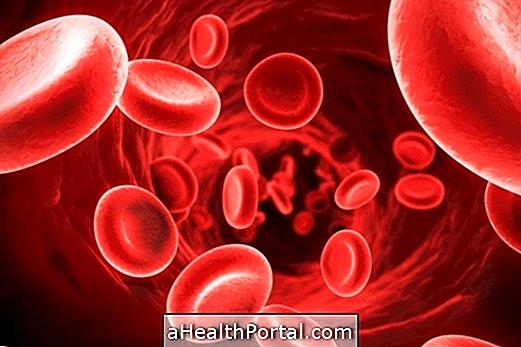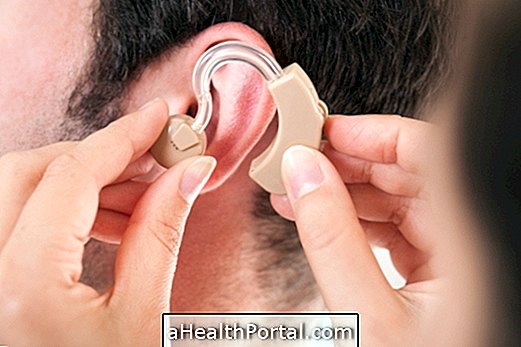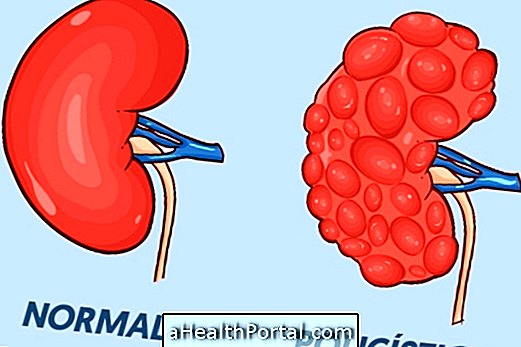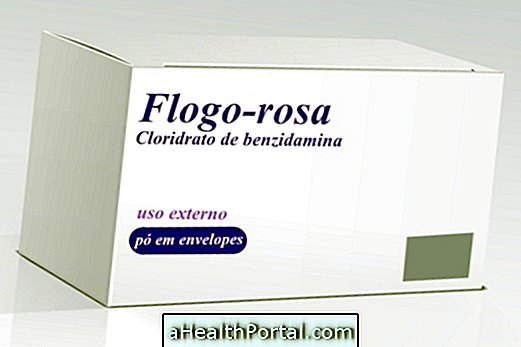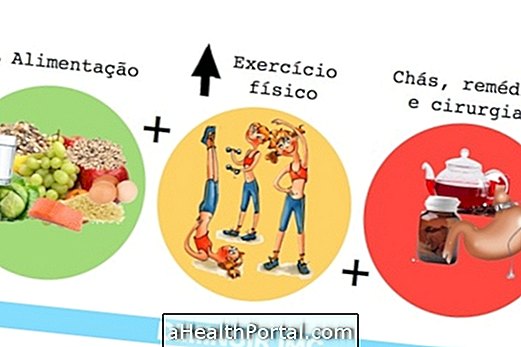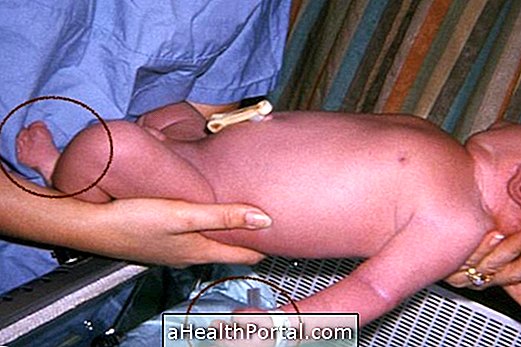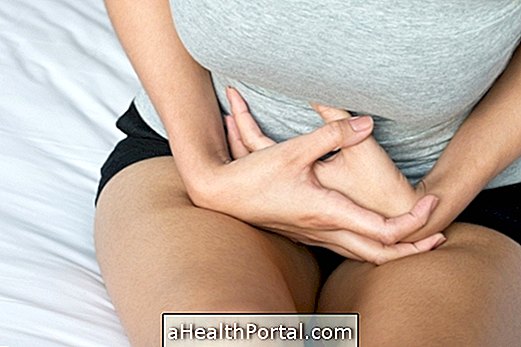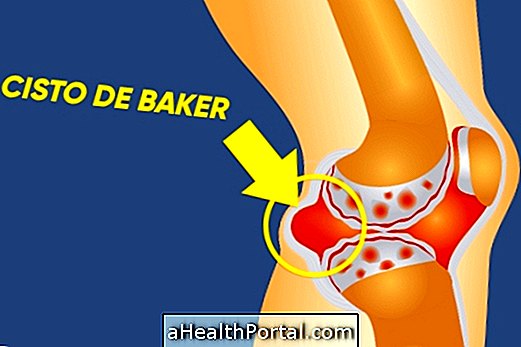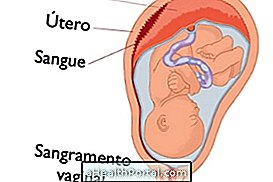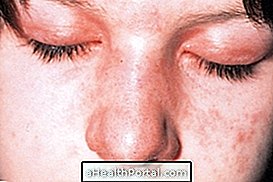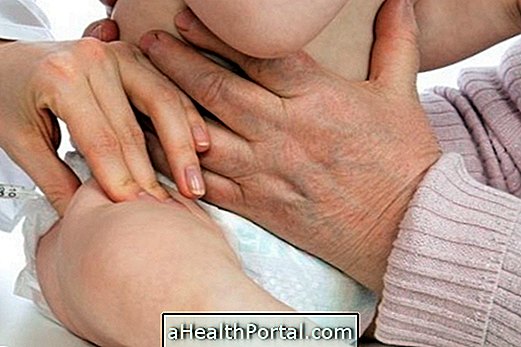The labyrinthitis can be cured, which depends on its cause and the correct completion of treatment, with the use of medicines, such as Betaines, and physical therapy exercises, for example.
This disease occurs by an inflammation of the labyrinth, which is a structure of the inner ear, causing symptoms such as loss of balance, dizziness, dizziness, ringing in the ear, vomiting and nausea, and usually occurs when the nerve that follows inside the inner ear is infected with a virus or a bacterium.
Despite this, labyrinthitis is the term popularly used to describe any case of vertigo, which can have several causes, such as Benign Paroxysmal Positional Vertigo, or BPPV, which is the most common cause of vertigo, vestibular neuritis, tumors, migraine and Meniere's disease, for example. Understand better, what is and how to identify labyrinthitis.

Treatment for labyrinthitis
After confirming the cause of the vertigo, by investigating the symptoms and performing the physical examination, the otorhinolaryngologist will indicate the best treatment for each case, which can be:
- Vestibular rehabilitation exercises and physical therapy, very important in cases of benign paroxysmal positional vertigo and vestibular neuritis;
- Use of medications, such as Betaine and Flunarizine, which help control vertigo arising from labyrinth dysfunction;
- Treatment of diseases that may be triggering vertigo, such as use of antibiotics and anti-inflammatories to treat infections, rehabilitation for neurological diseases such as migraine, stroke or multiple sclerosis, as well as sessions of psychotherapy and use of antidepressants or anxiolytics to cases of anxiety, depression and phobias, for example.
In addition, it is very important to pay attention to the diet during the treatment of labyrinthitis, as it can be worsened by foods, such as rich in sugar, stimulant drinks such as coffee, coke and mate tea, and alcoholic beverages, for example, which should be avoided.
Learn, in more detail, how the treatment for labyrinthitis is done.
Watch the following video and learn about exercises that can relieve dizziness:

Natural Treatment Options
Some great ways to enhance the treatment of physician-directed labyrinthitis are:
- Do an anti-inflammatory diet, rich in omega-3 foods like salmon, sardines or chia seeds, for example, and vegetables as they are rich in antioxidants. Learn more about diet for labyrinthitis;
- Take Ginkgo Biloba tea because this plant improves blood circulation in the brain relieving symptoms such as dizziness and nausea;
- Make alternative therapies, such as meditation and yoga, that help fight stress and anxiety, which worsen labyrinthitis;
- Do acupuncture as this promises to stimulate specific points in the body that can relieve dizziness.
In addition, it is important to avoid cigarette smoking, as smoking is also responsible for triggering symptoms and making it difficult to treat this disease.
